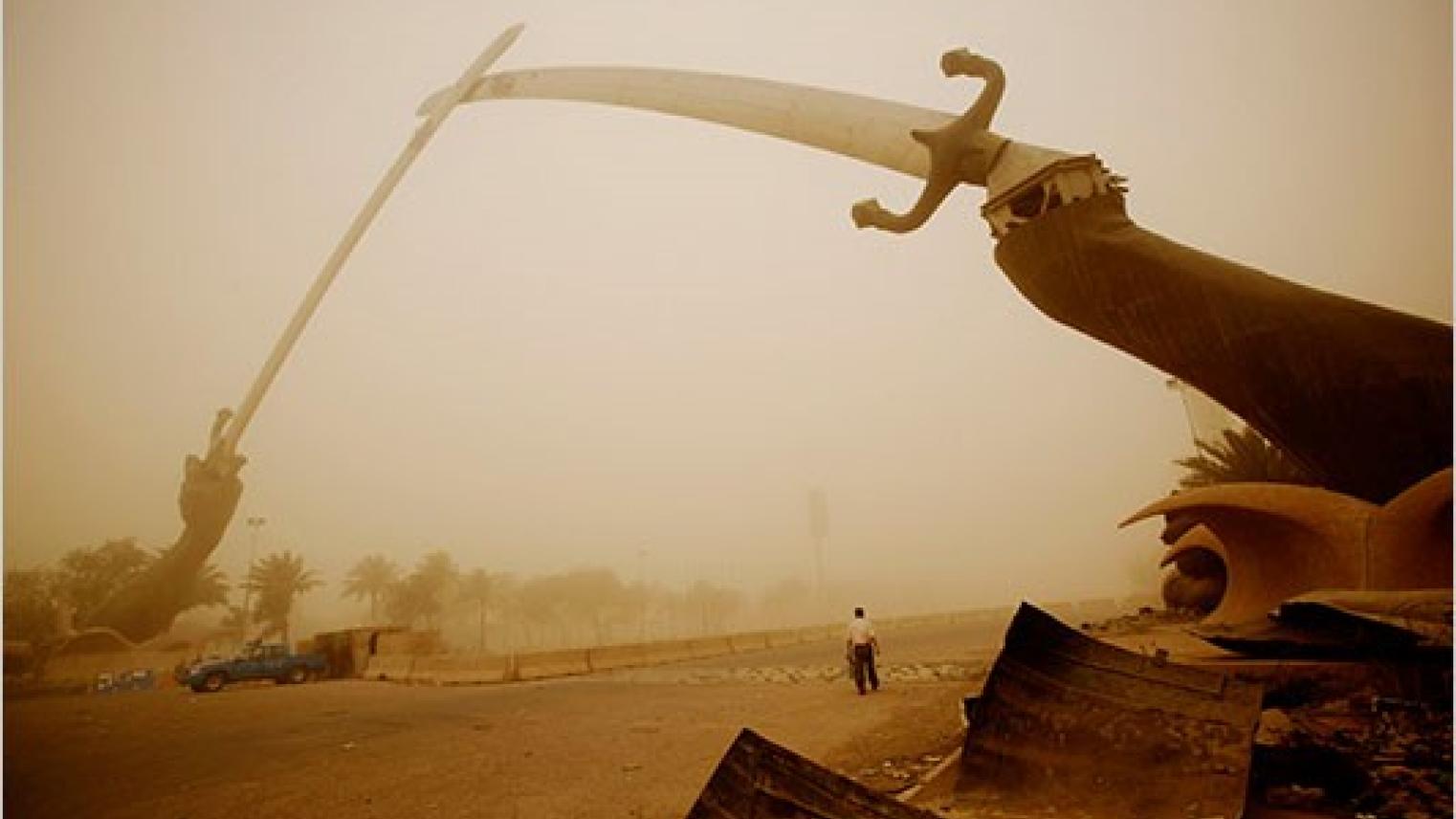While rentierism, tactical politics and coercion can come together to strengthen a regime, that is not necessarily a given. In the Iraq case, rentierism and effects from political decision-making led to an increased reliance on coercion by ruling regimes to maintain power.
Drawing upon literature on rentier state theory, the politics of survival, and the role of coercion in state consolidation as well as the author’s experience in Iraq, this thesis addresses the question of how resource dependency, elite strategies to gain or maintain control, and coercion have shaped state cohesion in Iraq?
Given the broad academic interest in the persistence of authoritarianism in different country contexts and the effects of international intervention, the contribution of this thesis is its integration of different theories to allow for a richer discussion regarding how elite competition and international intervention can impact state development.
SPEAKER
John D. Moore
With over 20 years of experience across the Islamic world serving in a mix of development, security as well as energy sector roles, John’s research interests focus on the relationship between resource dependent economies, politics, security, and development outcomes.
Having first engaged on Iraq during the 1997-1998 period while with the US Department of Defense, he spent several years working on and living in the country during the 2003 – 2012 period. John is currently pursuing his doctoral degree, having earned a Masters Degree in Political Economy and International Security Studies from the Fletcher School at Tufts University, and a Bachelor of Arts in International Affairs from the Virginia Military Institute.
Join via Zoom link
Meeting ID: 867 1834 3082
Password: 198184
